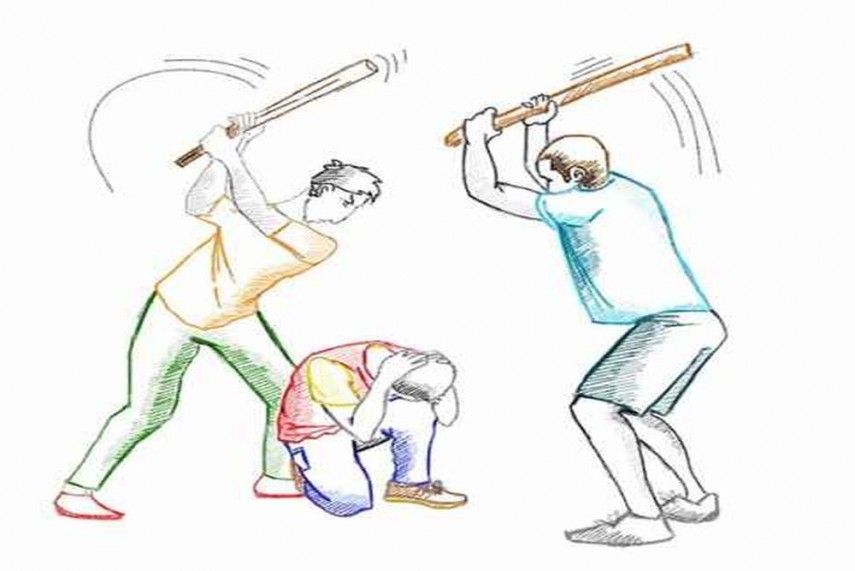Relevance: Mains G.S paper II: Welfare scheme for vulnerable sections of the society
Context:
- The spate of incidents of lynching over the past few years has led to a heightened sense of insecurity among the marginalised communities. Though no data has been compiled by the NCRB of the number of cases of lynching in the country since 2015 for reasons unknown, the figures reported by various sections of the media are troubling.
The Supreme Court Judgement in 2018:
- In 2018, the Supreme Court described lynching as a “horrendous act of mobocracy”.
• The Court exhorted the Centre and State governments to frame laws specifically to deal with the crime of lynching.
• The Courtlaid down certain guidelines to be incorporated in these laws including fast-track trials, compensation to victims, and disciplinary action against lax law-enforcers.
State laws:
- The Manipur government came up first with its Bill against lynching in 2018, incorporating some logical and relevant clauses.
• The Bill specified that there would be nodal officers in each district to control such crimes.
• Police officers who fail to prevent the crime of lynching in their jurisdiction are liable to be imprisoned for a term that may extend from one to three years with a fine limit of ₹50,000.
• No concurrence of the State government is required to prosecute them for dereliction of duty.
• The Rajasthan government passed a bill against lynching in August 2019.
• However, not only has the government accepted only a few guidelines issued by the apex court, but is also silent on any action to be initiated against police officers who may be accused of dereliction of duty.
• West Bengal came up with a more stringent Bill against lynching. Punishment for lynching to death is punishable with the death penalty or life imprisonment and a fine of up to ₹5 lakh.
• West Bengal Governor Jagdeep Dhankhar has invited the Chief Minister and leaders of all legislature parties for a meeting this month to discuss the Bill. Most other guidelines of the Supreme Court have been adopted by the State.
What the Centre can do?
- The Centre would do well to incorporate sections in the law for penal action against doctors who stand accused of dereliction of duty, for delay in attending to victims of lynching, or submitting false reports without carrying out a proper and thorough medical examination of the victims, either under coercion by the police or due to their own prejudice against the community or religion of the victims.
• Under the compensation scheme for the victims, the amount to be paid to the victims should be recovered from the perpetrators of the crime or collective fines be imposed on the villagers where the lynching takes place.
• Punitive action to be taken against police officers accused of dereliction of duty.
• The Central law too as it would deter police officials acting in a partisan manner in favour of the lynch mob.
Way ahead:
- To framing the laws, the Centre could even provide for punitive action against political leaders found guilty of inciting mobs.
• Until a zero-tolerance attitude is adopted in dealing with mob lynching, this crime will continue to show a rising trend.


